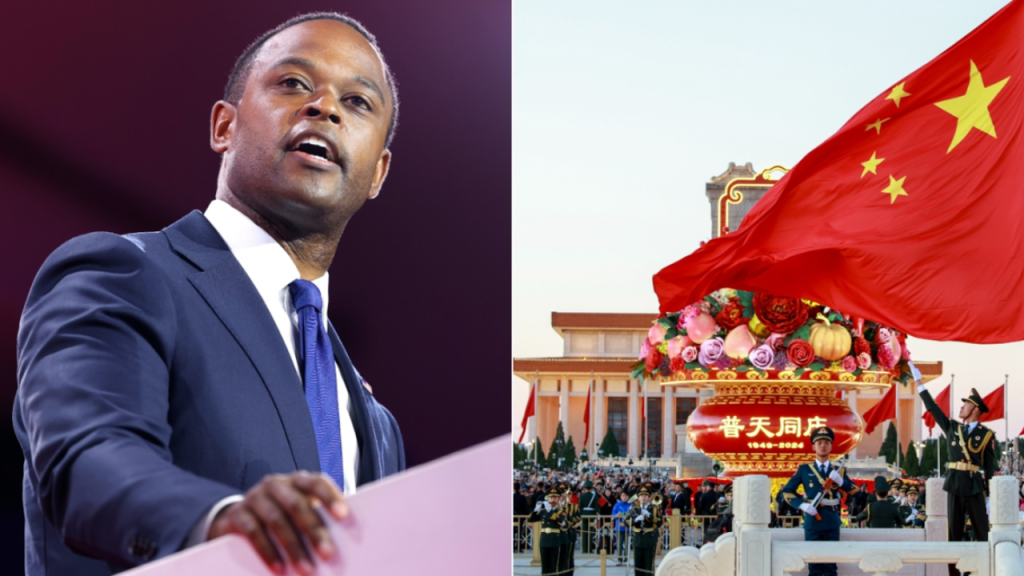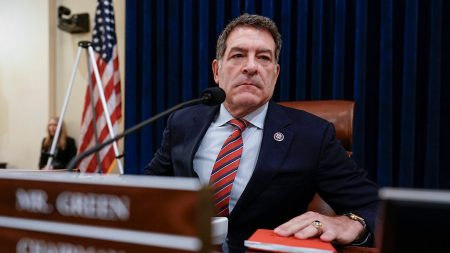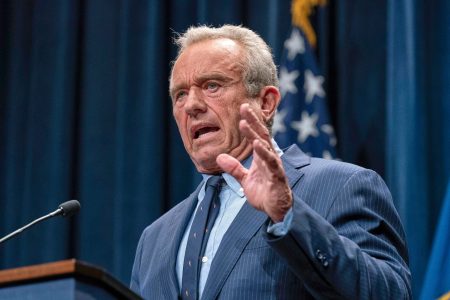The 1792 Exchange, a non-profit organization dedicated to promoting free markets and ideological balance within corporations, has published a report raising concerns about the financial dependence of Fortune 100 companies on China. This dependency, the report argues, poses significant risks to these companies and the broader American economy in light of escalating geopolitical tensions and the potential for future sanctions or trade tariffs against China. The report underscores the vulnerability of these companies to financial losses should the US impose sanctions on China, similar to those imposed on Russia after the invasion of Ukraine, particularly if China were to invade Taiwan. The report estimates potential financial losses based on company balance sheets, trade data, and sanctions calculations.
The report highlights the alarming lack of transparency surrounding the extent of these companies’ involvement in China. Many corporations have not fully disclosed the specifics of their China operations, making it difficult to assess the true scale of their financial exposure. This opacity raises critical questions about the potential compromises these companies may have made to operate within China’s market, and the influence of the Chinese Communist Party (CCP) on their policies and operations, both within China and potentially within the United States. The report urges greater transparency and accountability from these corporations, arguing that American workers, consumers, and investors deserve to understand the risks associated with these companies’ substantial investments in China.
The 1792 Exchange emphasizes the potential ethical dilemmas facing these companies. The report questions how corporations reconcile their public policy stances in China with their behavior in the United States, given the stark differences in political and social values between the two countries. This moral incongruence, the report suggests, further complicates the relationship between American businesses and China, and raises concerns about the potential erosion of American values and principles in pursuit of profit.
The report details the potential financial fallout for several prominent companies, including Boeing, Intel, and Citigroup. Boeing, for instance, could potentially face $1 billion in sanctions over a three-year period, despite earning just under $5 billion annually from China. Intel, with a significantly larger presence in China, generates $18 billion annually, representing over a quarter of its total revenue. This substantial reliance on the Chinese market exposes Intel to a potential $5 billion in sanctions over three years. Citigroup faces an even greater potential loss, with estimated sanctions of $16 billion per year, despite earning nearly $5 billion annually from its China operations.
Daniel Cameron, CEO of the 1792 Exchange, expressed his hope that the report’s findings would prompt a reassessment of the relationship between American businesses and China. He emphasized the staggering potential losses these companies face and advocated for policies that encourage American independence from China. Cameron expressed optimism that future administrations would prioritize bringing jobs back to the United States and incentivizing companies to relocate their operations within the country. He believes this would benefit American workers and consumers and reduce the vulnerability of American businesses to geopolitical risks associated with China.
The report concludes with a stark warning about the risks of corporate entanglement with an oppressive regime. The aggregated data from the report reveals that the companies listed generate over $600 billion in revenue from China on average, and face potential sanctions exceeding $150 billion. This level of financial exposure, coupled with the lack of transparency and potential ethical compromises, represents a significant threat to America’s future, according to the 1792 Exchange. The organization calls for greater awareness and scrutiny of these companies’ practices in China, urging stakeholders to demand transparency and accountability to protect American interests.










